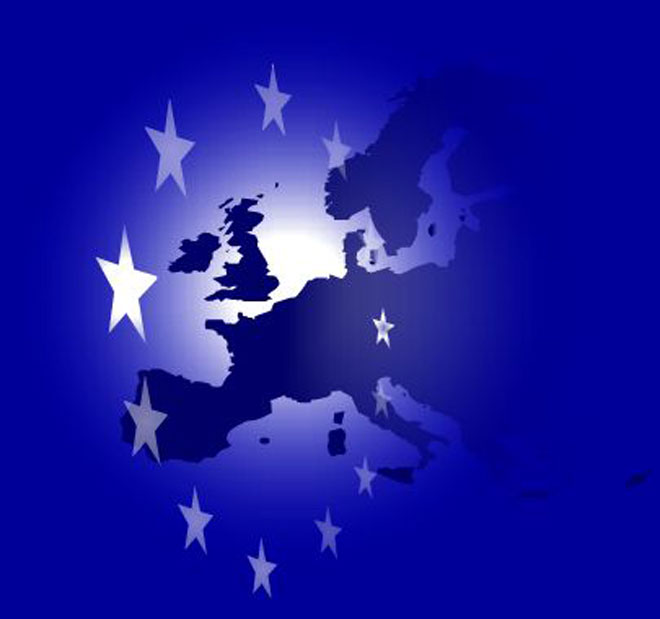An expert level seminar, which brought together 100 energy experts representing ministries, industry, donors, and academics, was hosted by the Polish Presidency of the EU in Warsaw yesterday, ENPI reported.
he seminar examined the EU's energy policy, including the EU's third energy package and the Southern corridor, and the 'shift towards the East' in the context of the Eastern Partnership and the further enlargement of the Energy Community.
The external dimension of the EU's energy policy is a major priority of the Polish Presidency of the EU Council, a Presidency press release said, adding that within this policy framework, a special emphasis was put on the further development of the Energy Community, which creates a legal and economic framework for market-driven energy sector and supply security enhancement.
The seminar aimed at stimulating the debate on the vision, goals and prospects for the Energy Community. Participants examined the EU's energy policy and its shift towards the East in the context of Eastern Partnership, further enlargement of the Energy Community and energy dilemmas in the EU neighbourhood policy. Also, the need to attract investments, infrastructural challenges in general and ensuring long-term perspective for dynamic growth were discussed. The last session was devoted to challenges for 2016 and beyond, and addressed security of gas supply, nuclear safety issues and the impact of regional carbon markets.
Recalling the principles of the internal market, Polish Under Secretary of State Jerzy Pomianowski drew attention to "the wide range of possibilities of upgrading the instruments of the Eastern Partnership by the mechanisms which are delivered within the scope of the Energy Community," and explained that: "The point is to streamline those processes and to merge the tools to avoid their duplication and maximize the added value and final success."
According to the Polish Presidency, the conclusions of the seminar "should make a significant contribution to the debate in the EU forum on the external dimension of the European energy policy. They also relate to the perspective of Eastern Partnership development."
The Director of the Energy Community Secretariat, Slavtcho Neykov, said they were honoured that one of the Presidency's first events on energy chose to focus on the Energy Community: "The question setting 'how to deepen and extend the Energy Community' perfectly puts the finger on the linkage between our work and that of the EU's external energy policy," Neykov said.
On 19-20 September 2011, the Polish Presidency will organize the EU Energy Council, where external energy policy, one of the main priorities of the Polish Presidency, will be on the top of the agenda.
The Energy Community entered into force on 1 July 2006, and aims to extend the EU internal energy market to South East Europe and enhance the overall security of supply. The parties have committed themselves to liberalise their energy markets and implement key EU legal acts in the area of electricity, gas, environment and renewable energy. Eastern Partnership countries Moldova and Ukraine are both members of the Energy Community, while Georgia has an observer status.






